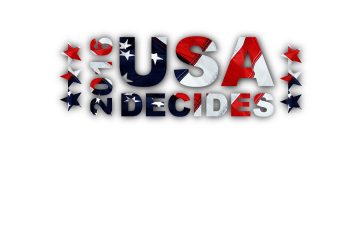
Post-war voters as fiscal liberals
Are voters more fiscally conservative or fiscally liberal? Do they reward politicians who engage in deficit spending or those who show more fiscal restraint? To what extent does this depend on the country-specific context? The public choice literature finds that voters in developed democracies with strong institutional checks and balances, such as the US, UK, Canada, or Sweden, reward more accountable governments which spend the public’s money responsibly (e.g. Peltzman, 1992; Lowry, Alt and Ferree, 1998; Brender and Drazen, 2008). On the other hand a number of studies done in countries such as Argentina, Brazil, Spain or Russia suggest an opposite conclusion – voters reward incumbents who spend more and more freely (e.g. Jones, Meloni and Tommasi, 2012; Sakurai and …

How we correctly predicted a Trump victory
The US election result came as an absolute shock to many, but it was the pollsters that took the biggest hit. The major poll-based forecasts, a lot of models, the prediction markets, even the superforecaster crowd all got it wrong. They estimated high probabilities for a Clinton victory, even though some were more careful than others in claiming that the race would be very tight. Our prediction survey, however, was spot on thanks to the method we used for Oraclum Intelligence Systems, a start-up developed out of our academic work. We predicted a Trump victory, and we called all the major swing states in his favour: Pennsylvania (which no single pollster gave to him), Florida, North Carolina, and Ohio. We gave Virginia, Nevada, Colorado, and …

A new forecasting method for the Brexit referendum
Is it possible to have a more accurate prediction by asking people how confident they are that their preferred choice will win the day? As the Brexit referendum date approaches, the uncertainty regarding its outcome is increasing. And, so are concerns about the precision of the polls. The forecasts are, once again, suggesting a very close result. Ever since the general election of May 2015, criticism against pollsters has been rampant. They have been accused of complacency, herding, of making sampling errors, and even of deliberate manipulation of their results. The UK is hardly the only country where pollsters are swiftly losing their reputation. With the rise of online polls, proper sampling can be extremely difficult. Online polls are based …










